The murder of Iranian nuclear scientists has failed to hamper its progress
November 27th marks the anniversary of the assassination of prominent Iranian scientist, Mohsen Fakhrizadeh, by external elements, which was meant to hamper the nuclear advancements made by Iran. But the anti-Iran project has proven ineffective as Tehran continues to make progress with its peaceful nuclear program.
The former head of the Iranian Defense Ministry’s Organization of Defensive Innovation and Research, Dr Mohsen Fakhrizadeh, was assassinated on the 27th of November 2020 when his car came under attack near his countryside residence, east of Tehran.
Dr Fakhrizadeh had reportedly been on Israel's hit list since at least 2007.
This is how Dr. Mohsen Fakhrizadeh, head of project AMAD put it; remember that name, Fakhrizadeh.
Bejamin Netanyahu, Former Israeli PM
But he wasn't the only Iranian scientist to have been targeted by Israel. The regime made several assassination attempts between 2007 and 2012 that claimed the lives of four Iranian nuclear scientists and wounded another, not to mention the sabotage attacks on Iranian nuclear sites which have become more frequent in the last few months.
Iran has vowed to continue to work on its peaceful nuclear programme. The international community, however, was largely silent over the recent assassination; a similar attitude of indifference as displayed by its indifference toward Israeli airstrikes on Syria, and its aggression on the Palestinian people.
The point is simple. Israel is America's most important friend and ally in the Middle East and in North Africa. Israel is exempt from prosecution in the eyes of America simply because without Israel, America, America's position in the Middle East and in North Africa, would be in serious jeopardy.
Marcus Papadopoulos, Historian
Iran has vowed a harsh response against those behind the attacks on Iranian nuclear scientists and facilities.
A report published by The New York Times suggests that the United States has called on Israel to stop its attacks on Iran's nuclear programme, suggesting that they could help strengthen Iranian capabilities.
The article cites officials familiar with the discussions who said Washington has told Tel Aviv that the attacks are ultimately counterproductive as Iran has been able to replace the damaged centrifuges with newer and much more capable ones within months.
According to the article, the US officials have admitted that Iran has improved its defenses, including with regard to its cyber-security, rendering an attack similar to the Stuxnet virus extremely difficult to carry out with any palpable success.
Israeli officials have reportedly rejected the US call, saying they don't have any intention of ending their anti Iran policies.
Yet the credibility of the whole report is under question as Washington and Tel Aviv hardly ever disagree on anything, especially when it comes to Iran.
The Americans understand that Israel's actions often cannot be defended publicly. So it cannot always be seen in public, as siding with the Israelis.
So that is why from time to time, the Americans will issue a public statement saying that they have issued a caveat to Tel Aviv about their actions, vis a vis Lebanon or Iran.
Marcus Papadopoulos, Historian
The report could also be a scare tactic in an attempt to obtain concessions ahead of the key talks in Vienna on the obligations of the parties to the 2015 Iran nuclear deal, but Iran has repeatedly stated its firm position that the talks must end in the removal of all anti Iran sanctions.
China slams US as ‘war-addicted’ threat to global security
China ‘firmly opposes’ US military aid to Taiwan
VIDEO | Press TV's News Headlines
President Yoon Suk Yeol to be removed from office
At least 19 Gazans killed by Israeli airstrikes since dawn: Medics
Leader: Iran neither has nor needs proxy forces
US fighter aircraft shot down ‘in friendly fire’ amid aggression on Yemen
Yemeni FM: Israel’s sponsors accountable for ongoing aggression on Sana’a


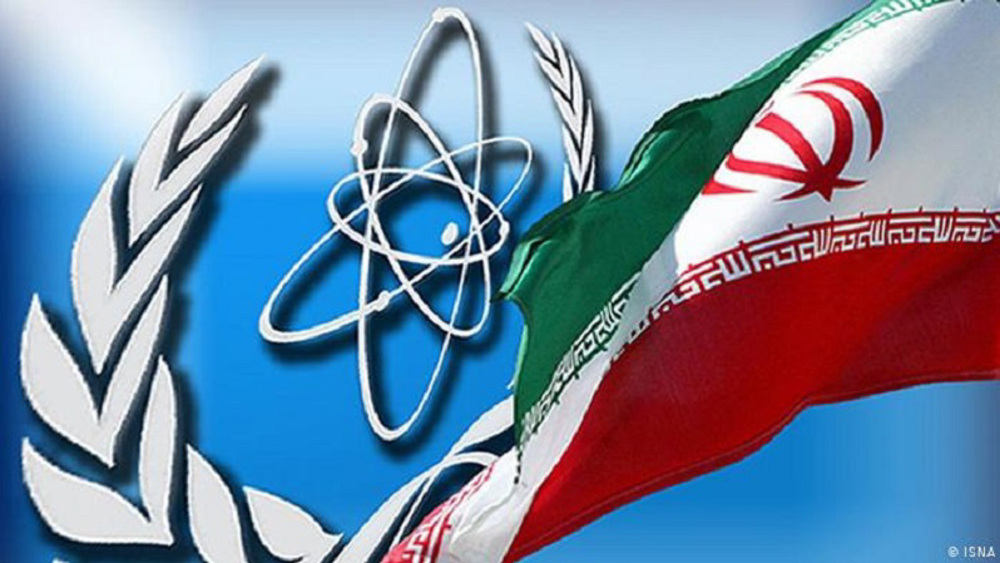
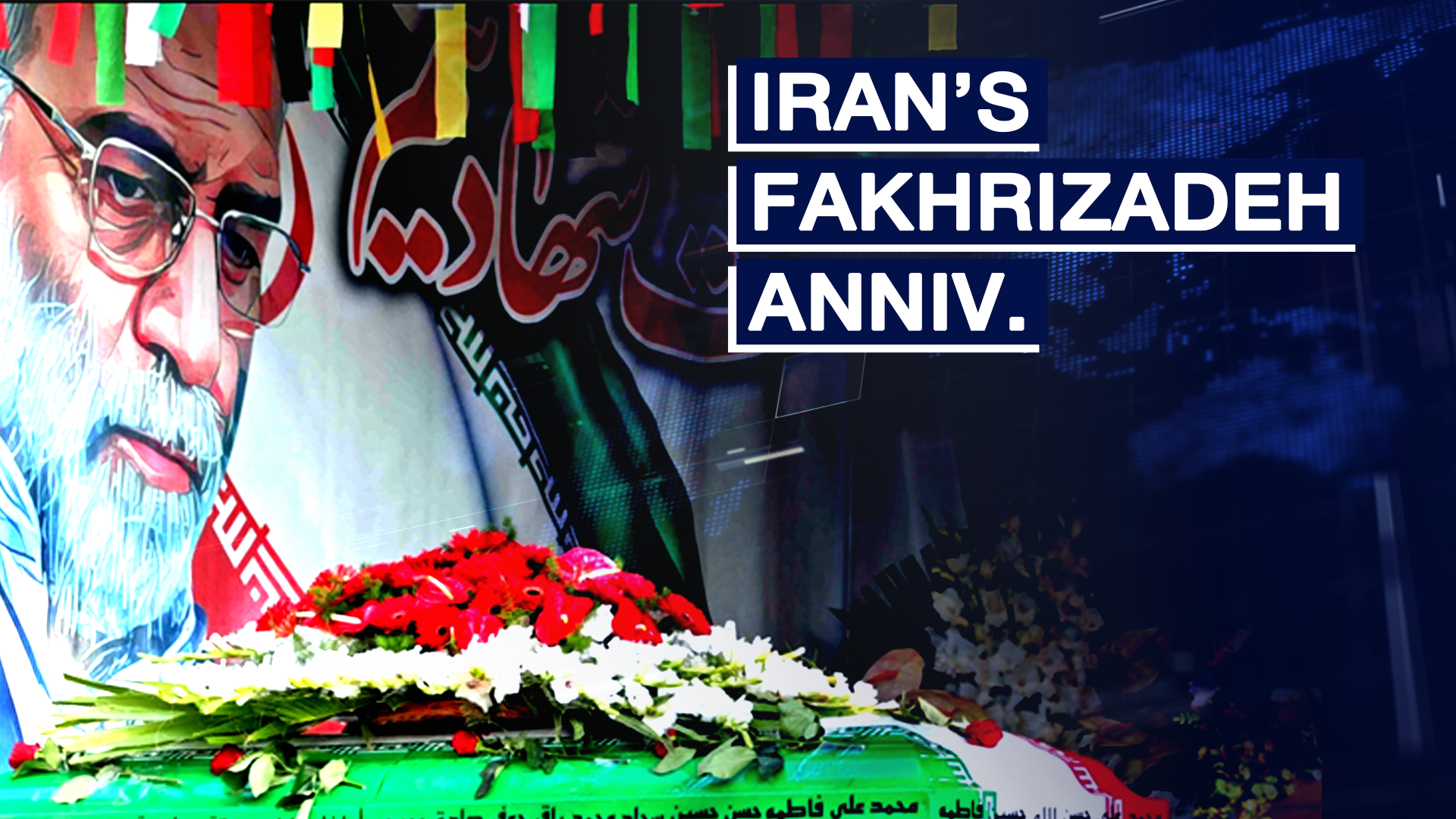
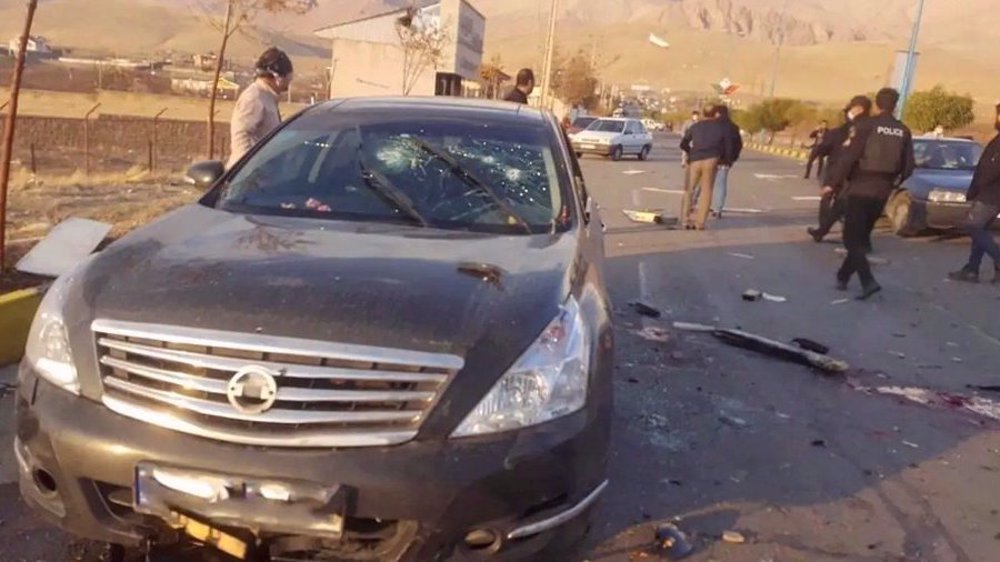
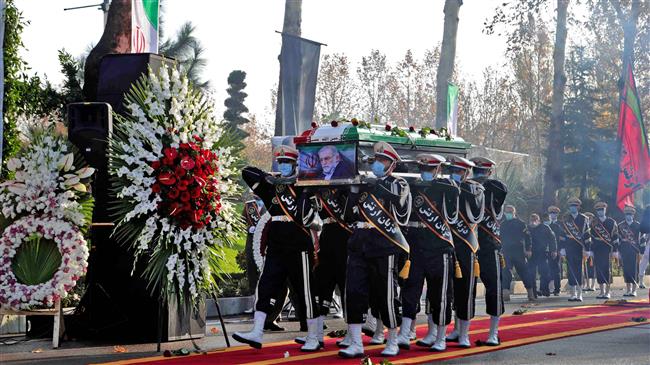







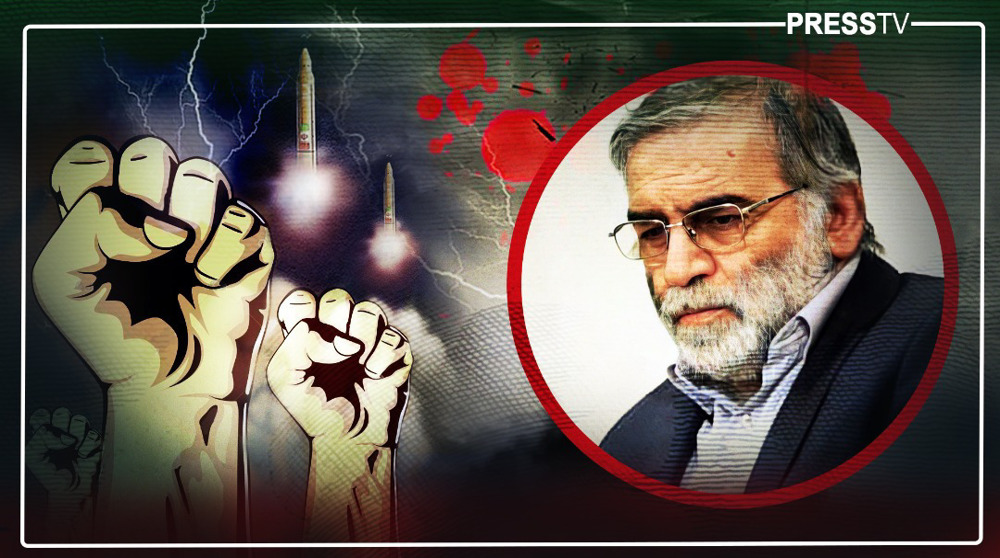
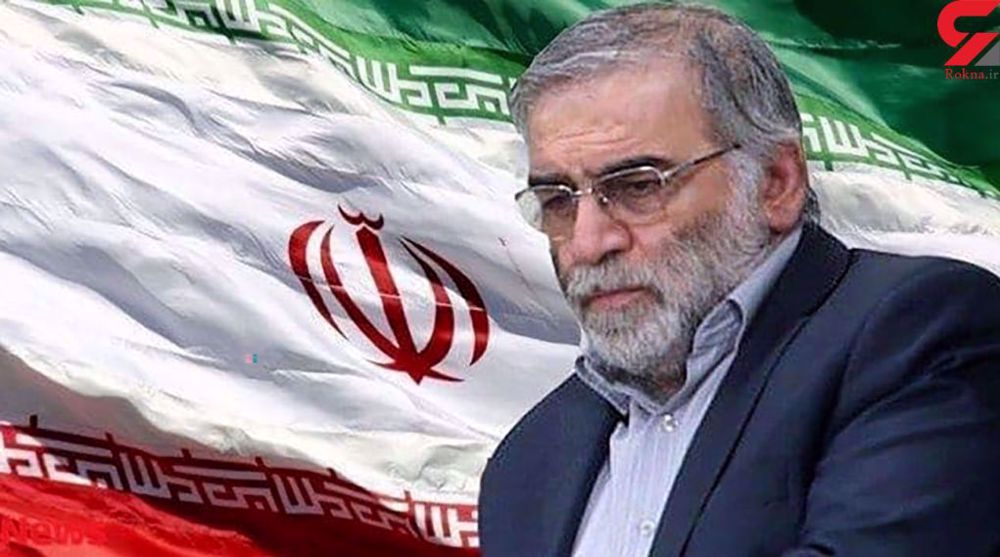
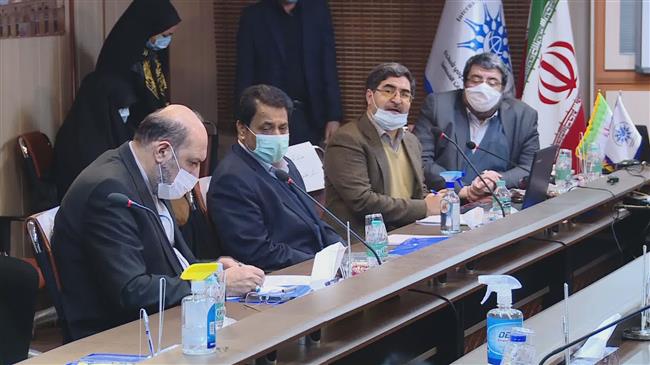
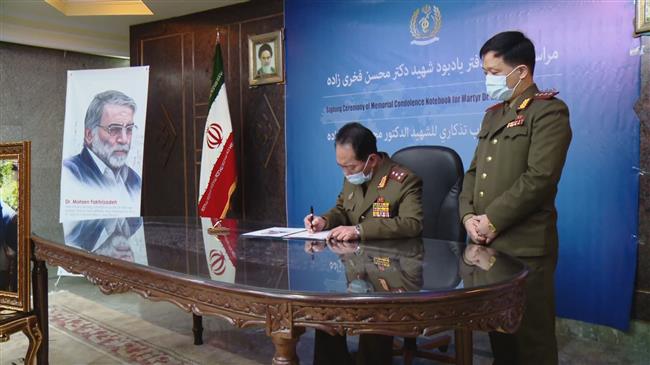
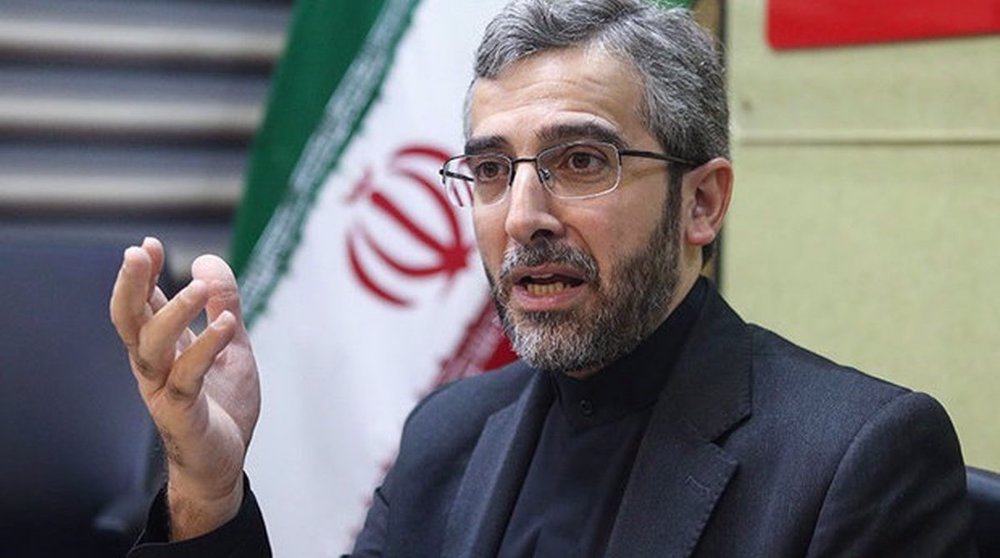
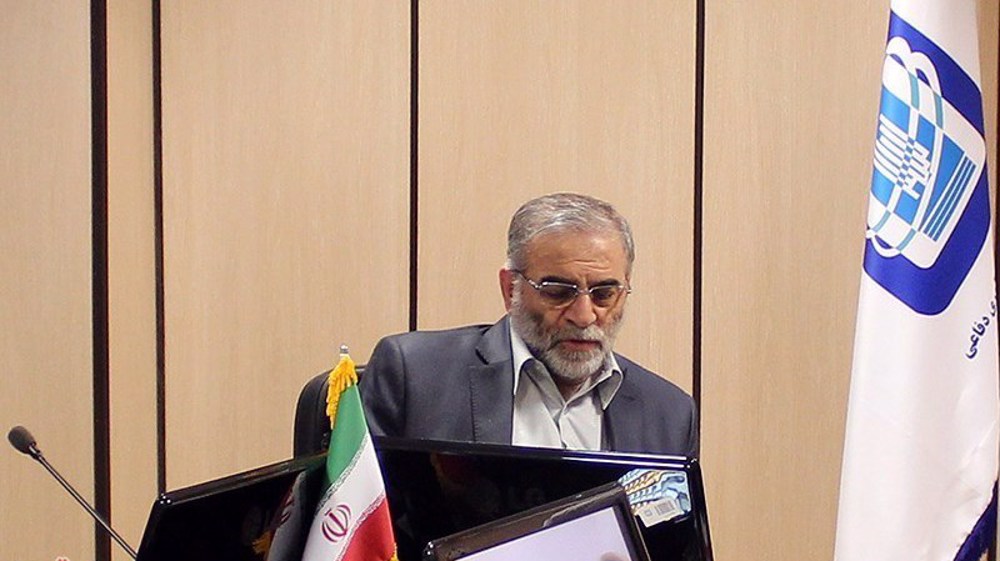
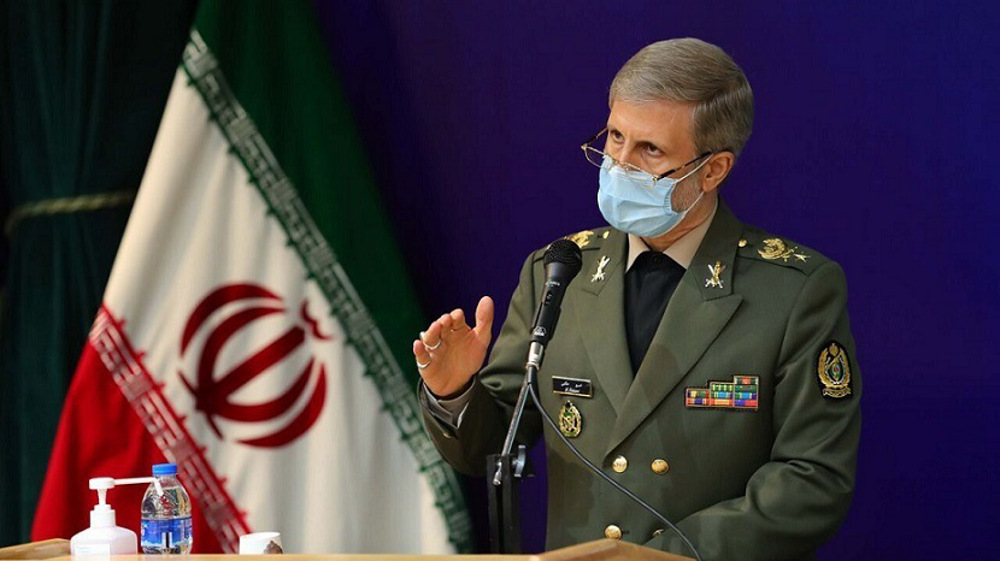

 This makes it easy to access the Press TV website
This makes it easy to access the Press TV website